Letter recognition Phonics Worksheets for 4-Year-Olds
22 filtered results
-
From - To
Help your 4-year-old master the alphabet with our engaging Letter Recognition Phonics Worksheets! Designed specifically for preschoolers, these worksheets make learning fun and interactive, helping little ones recognize and pronounce letters with ease. Each worksheet features vibrant illustrations and exciting activities that promote letter-sound correlation, enhancing early reading skills. Perfect for both homeschooling and classroom settings, these printables are a valuable resource for teachers and parents striving to build strong literacy foundations. Set your child on the path to reading success with our thoughtfully crafted Letter Recognition Phonics Worksheets from Kids Academy.
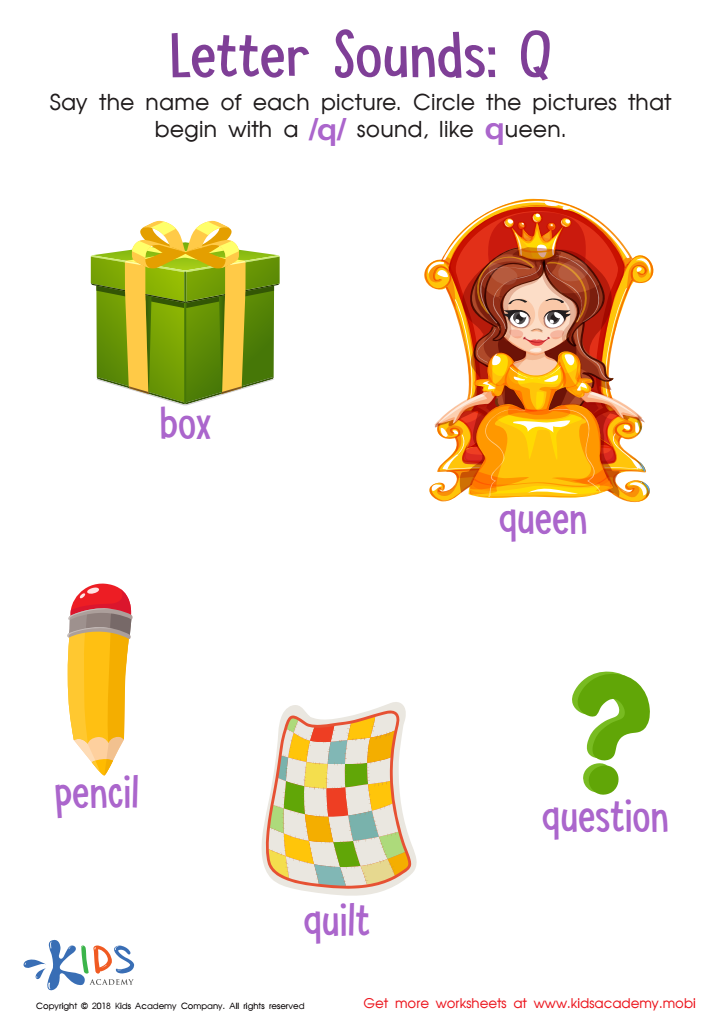

Letter Q Sounds Worksheet
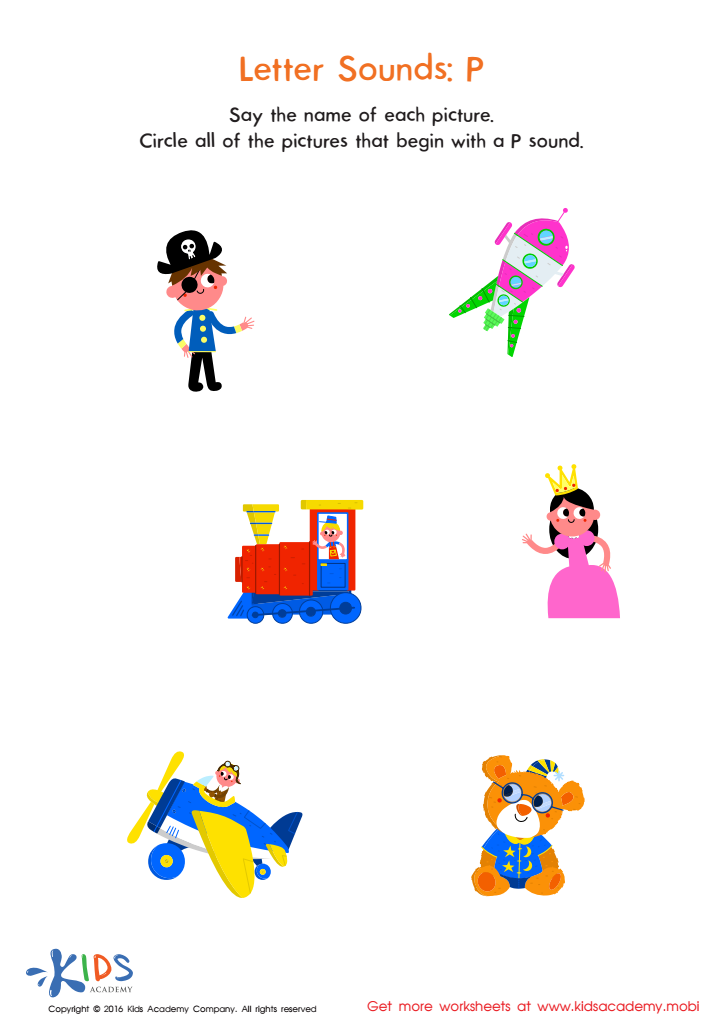

Letter P Sound Worksheet
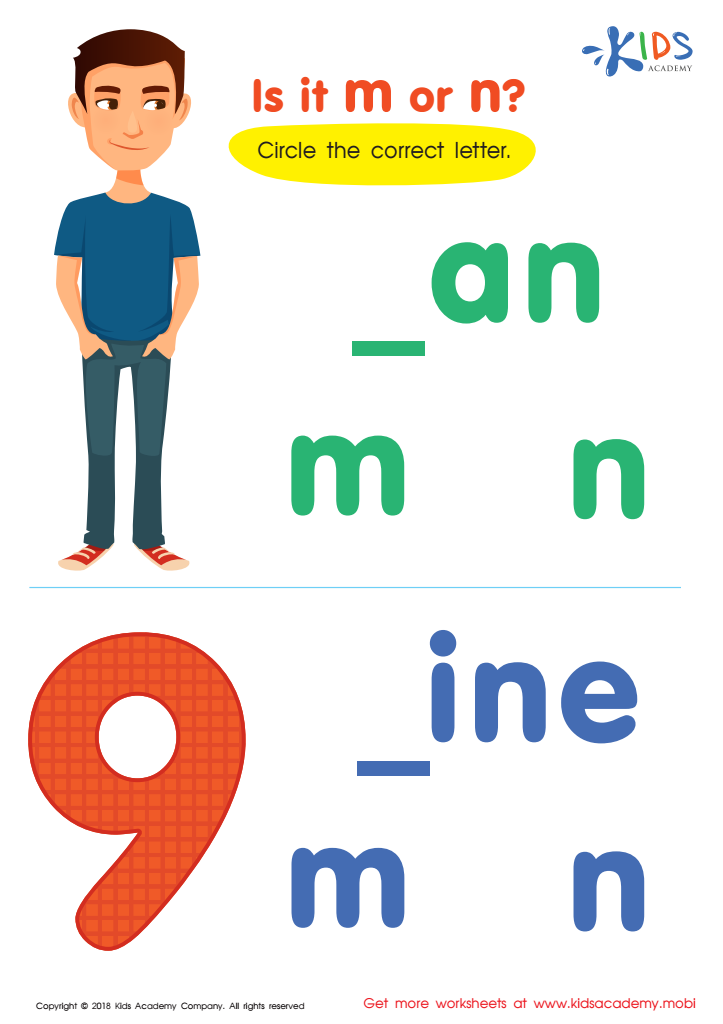

Is It m or n? Worksheet
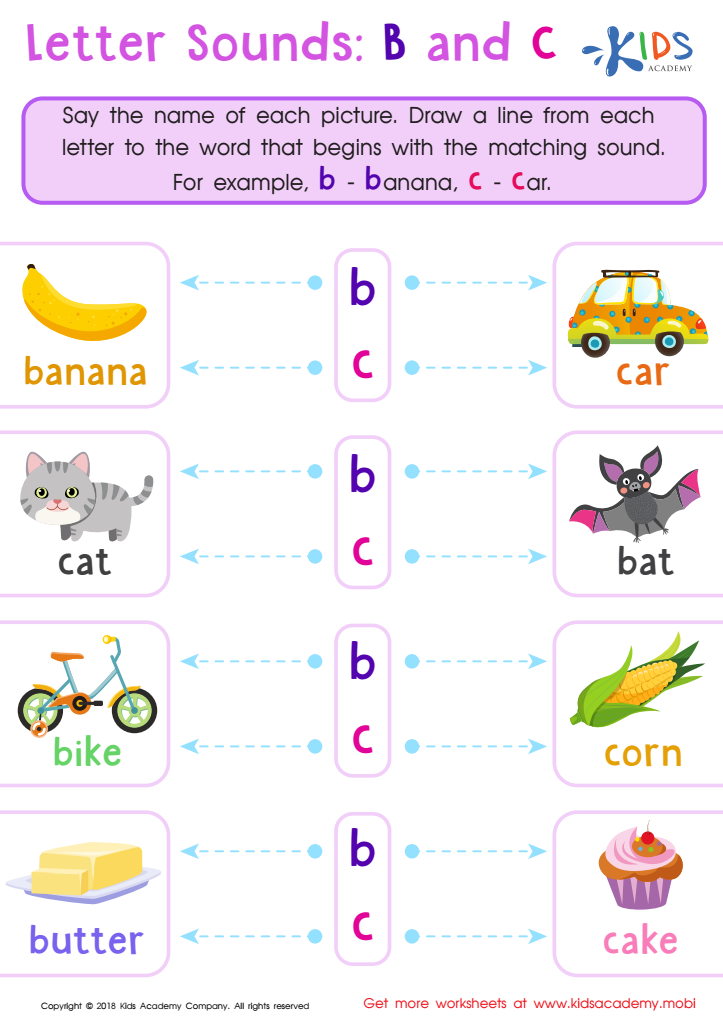

Letter B and C Sounds Worksheet
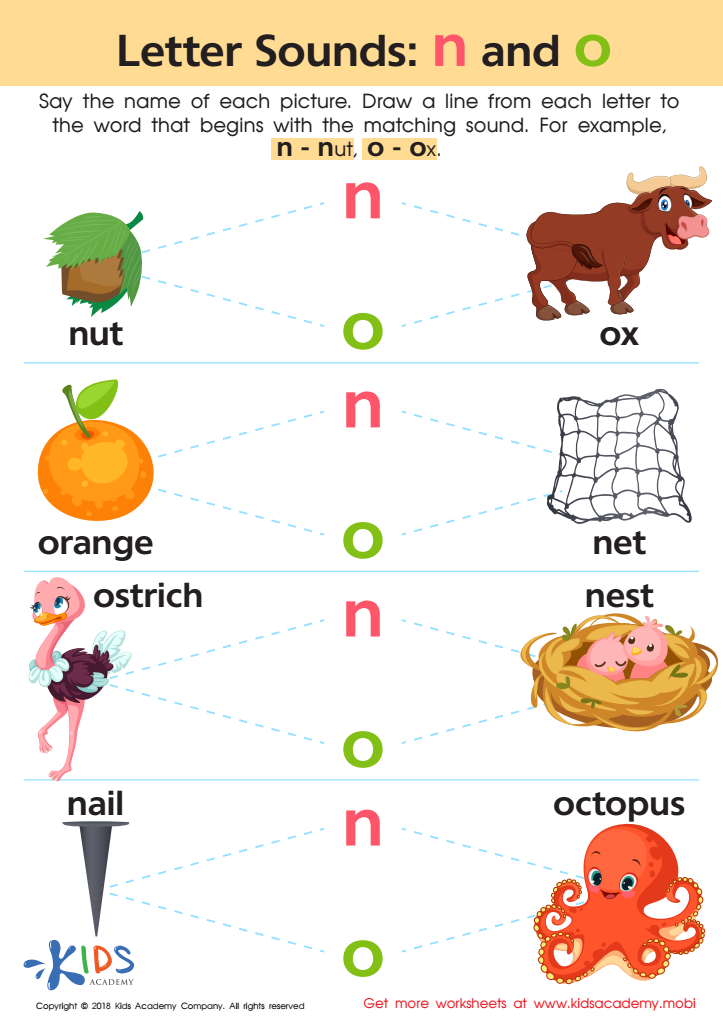

Letter N and O Sounds Worksheet
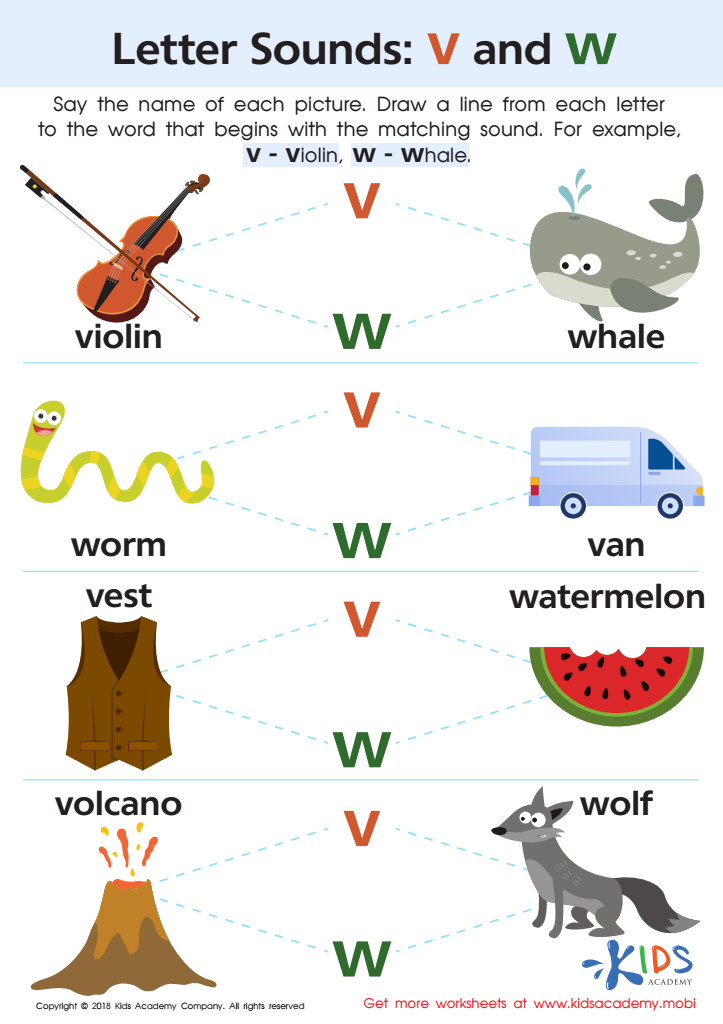

Letter V and W Sounds Worksheet
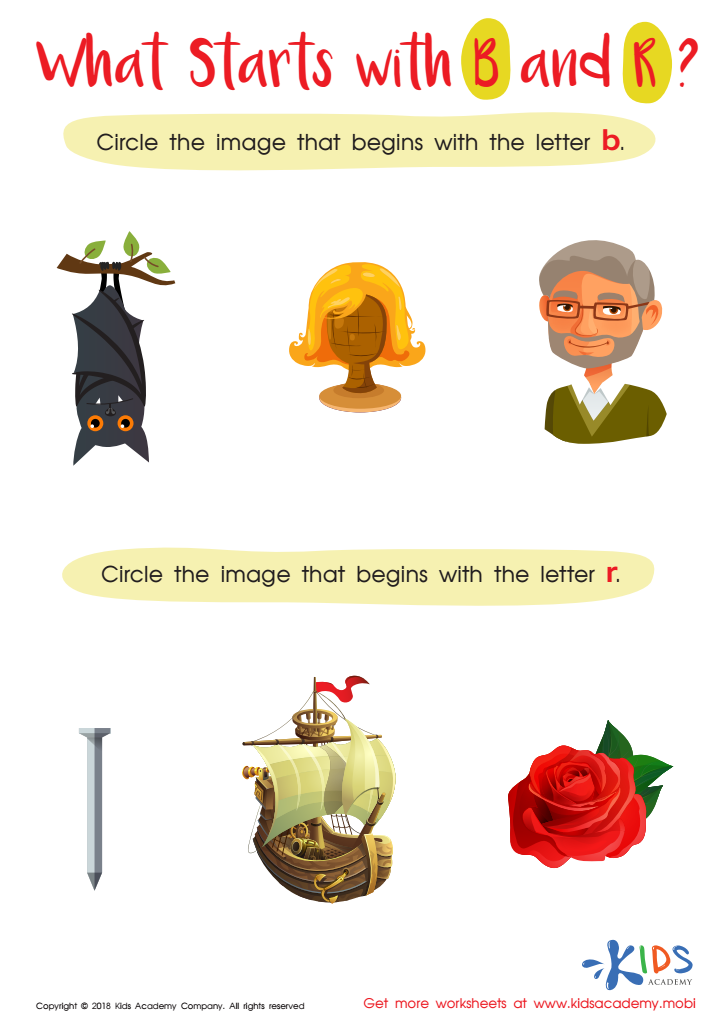

What Starts with B and R? Worksheet
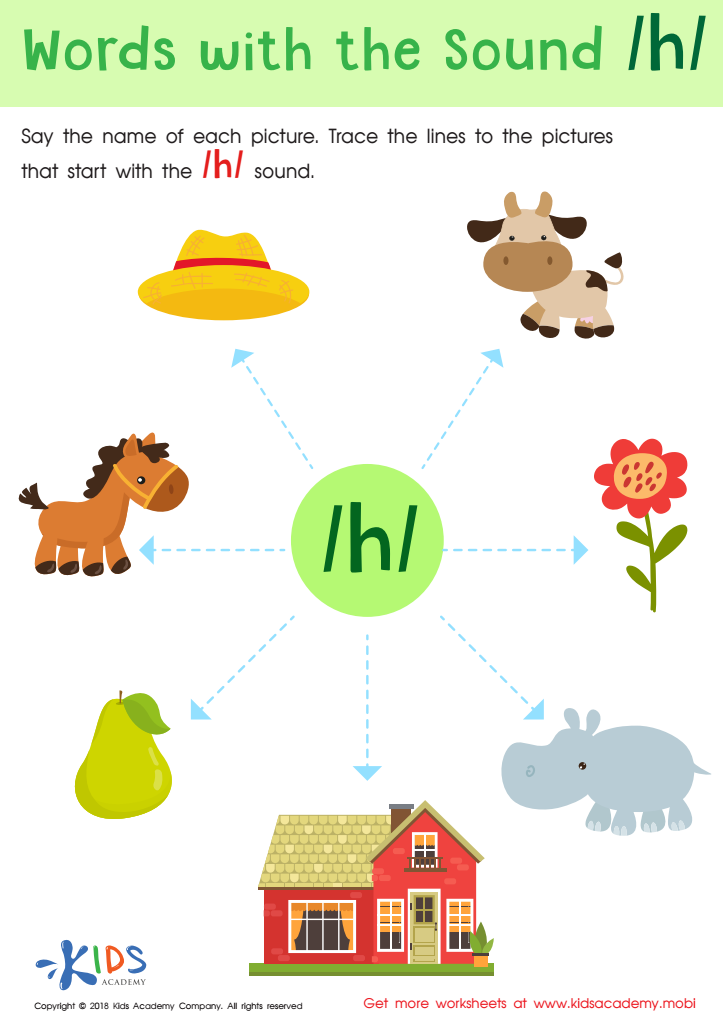

Words with sound h Reading Worksheet
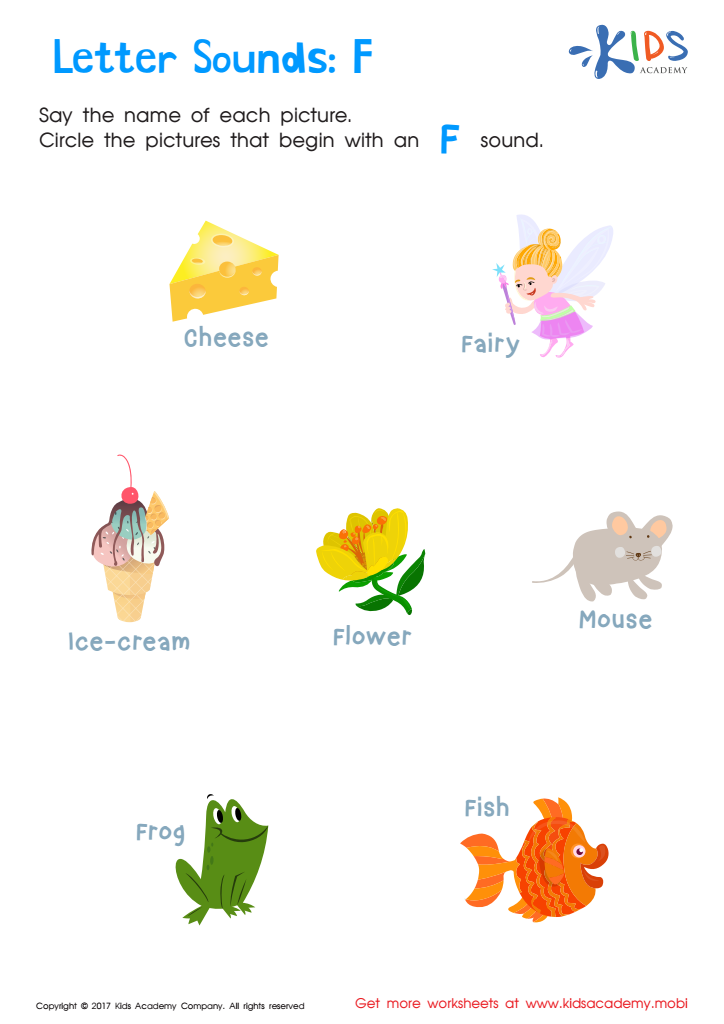

Letter F Sounds Worksheet
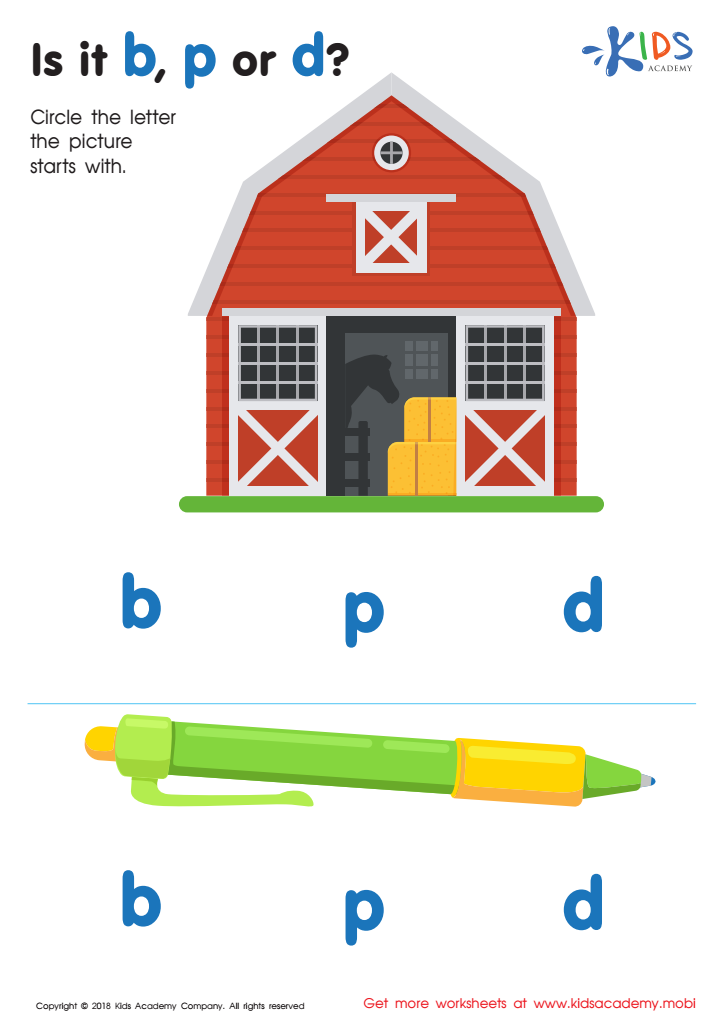

Is it b, p or d? Worksheet
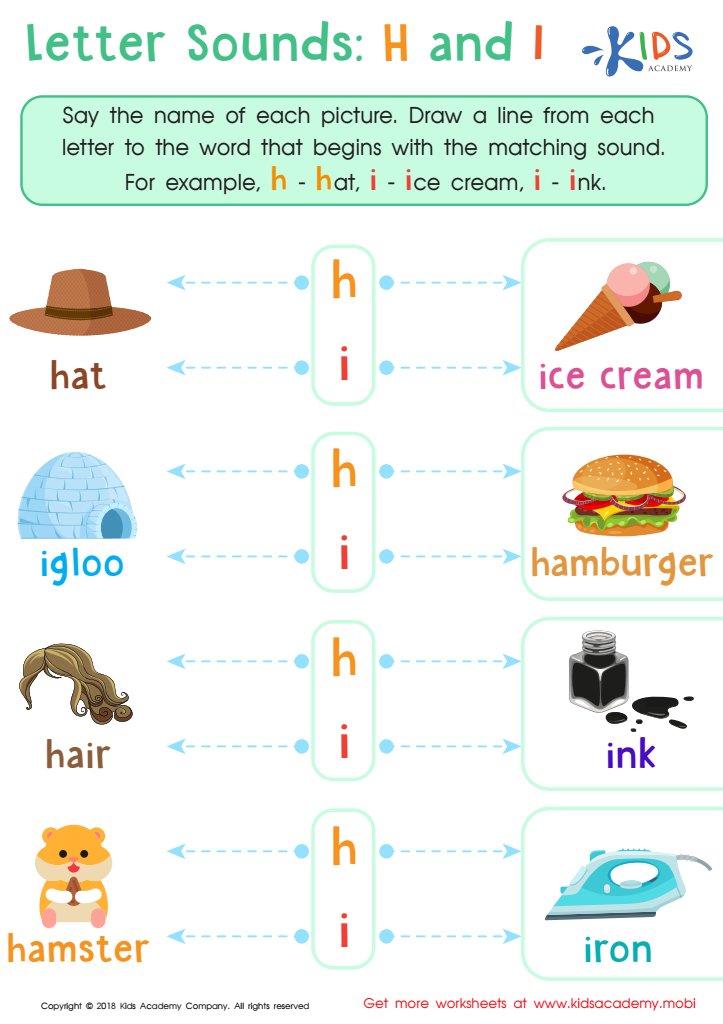

Letter H and I Sounds Worksheet


Long and Short U Worksheet
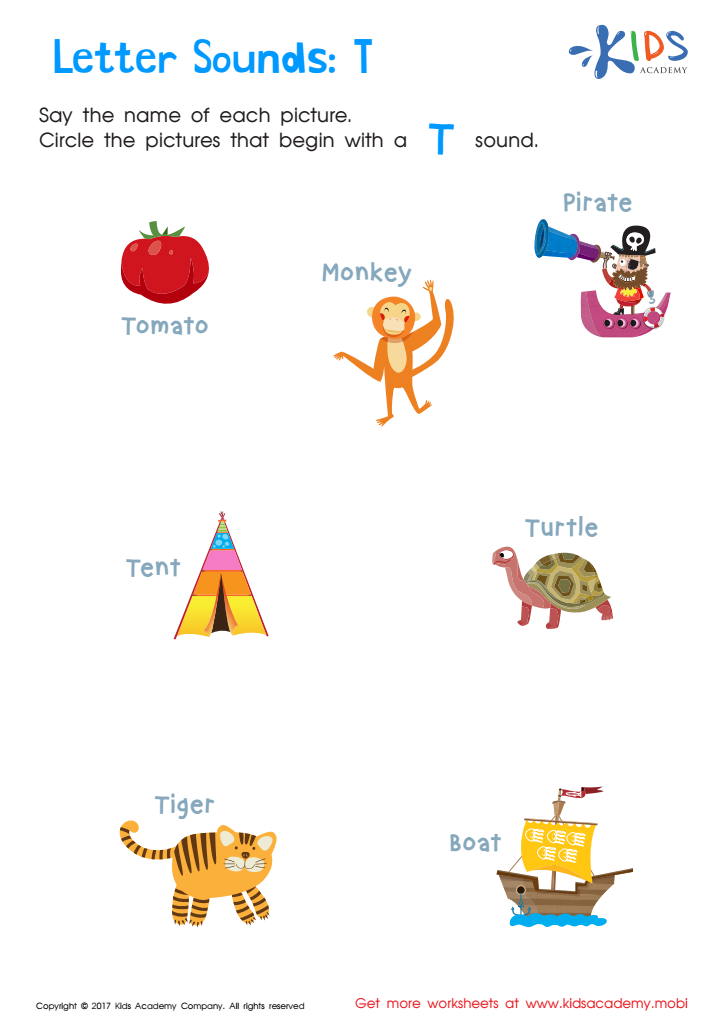

Letter T Sounds Worksheet
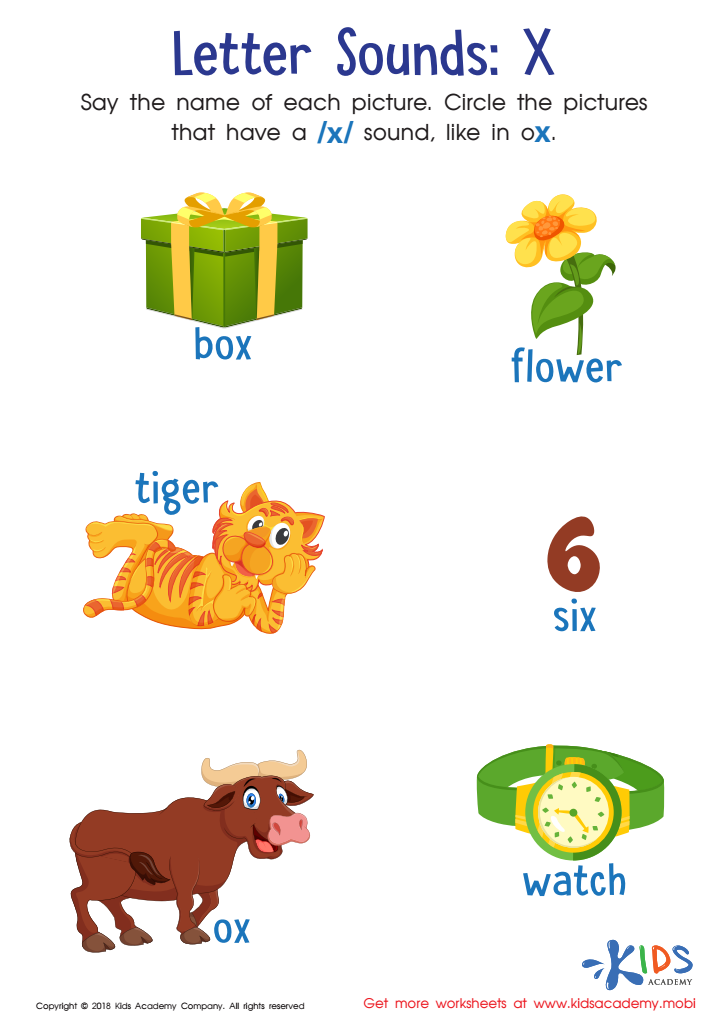

Letter X Sounds Worksheet
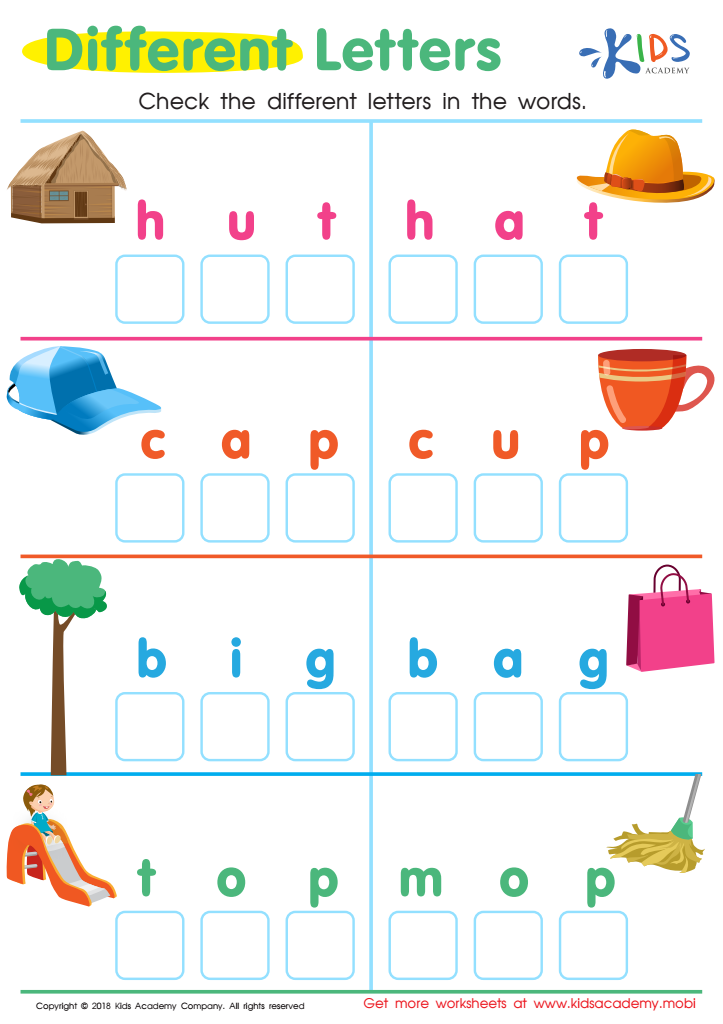

Different Letters Reading Worksheet
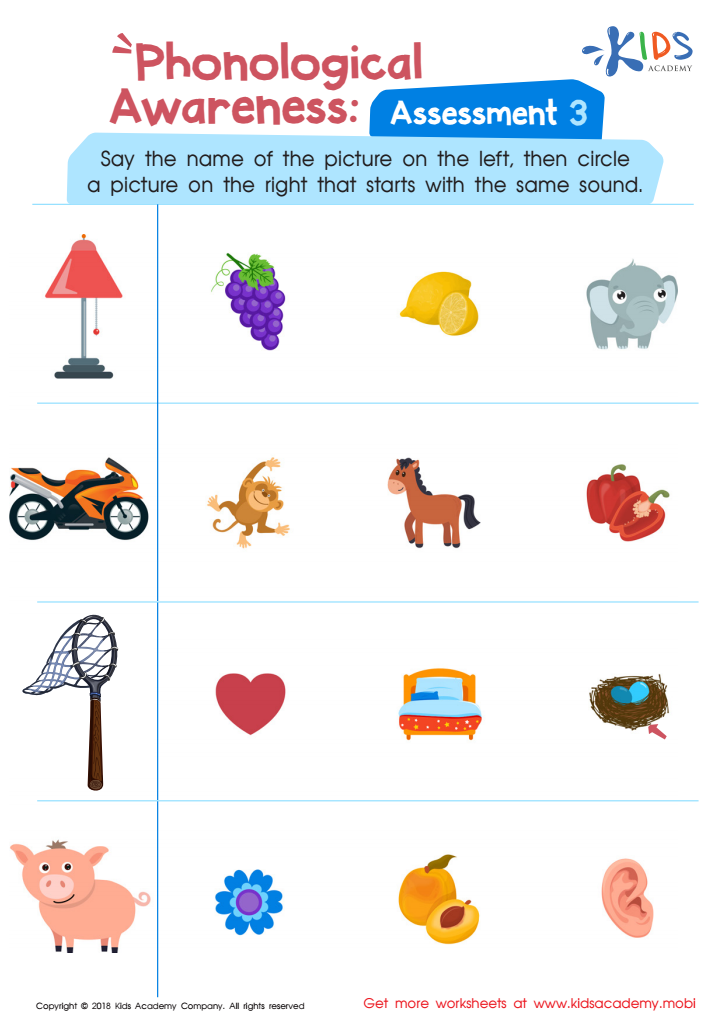

Phonological Awareness: Assessment 3 Worksheet
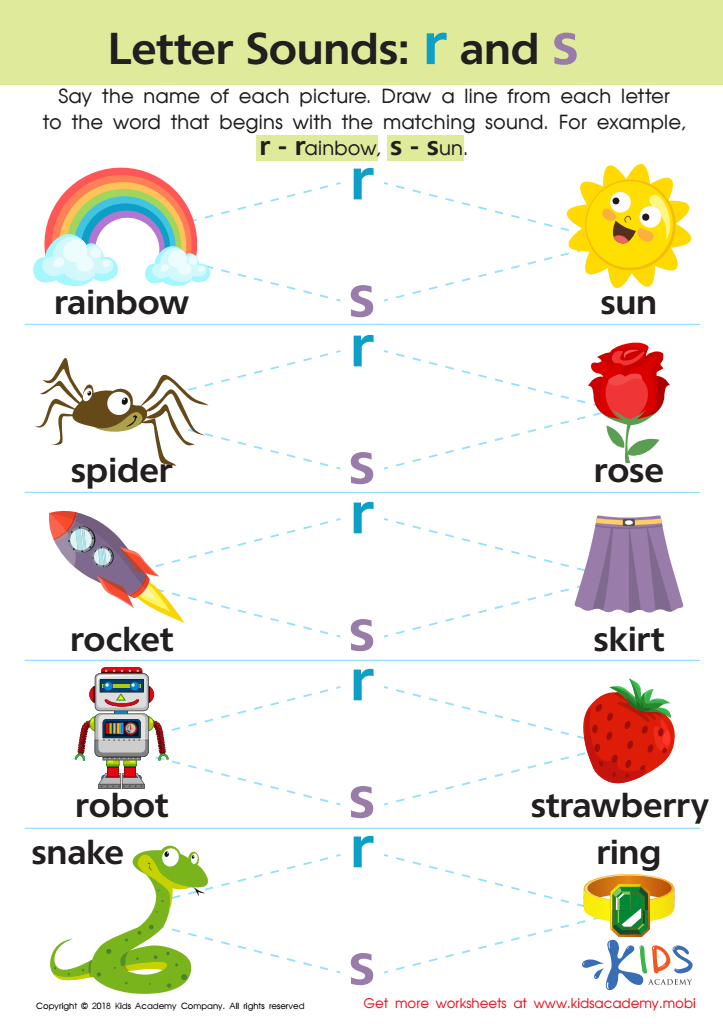

Letter R and S Sounds Worksheet
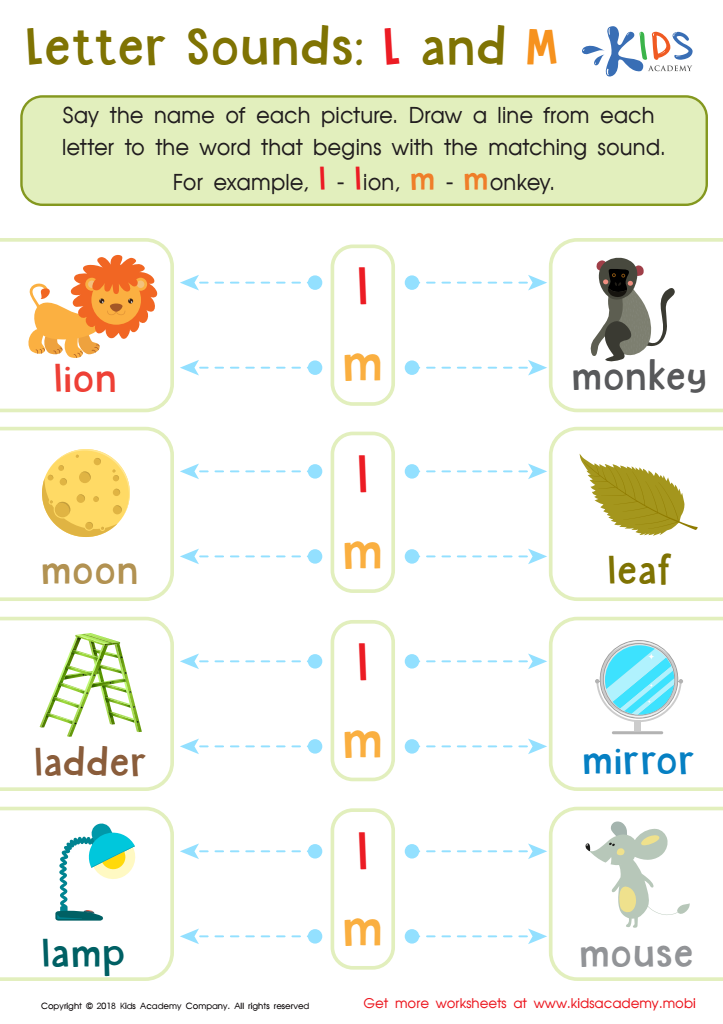

Letter l and M Sounds Worksheet


Long and Short E Worksheet


Phonological Awareness: Assessment 1 Worksheet
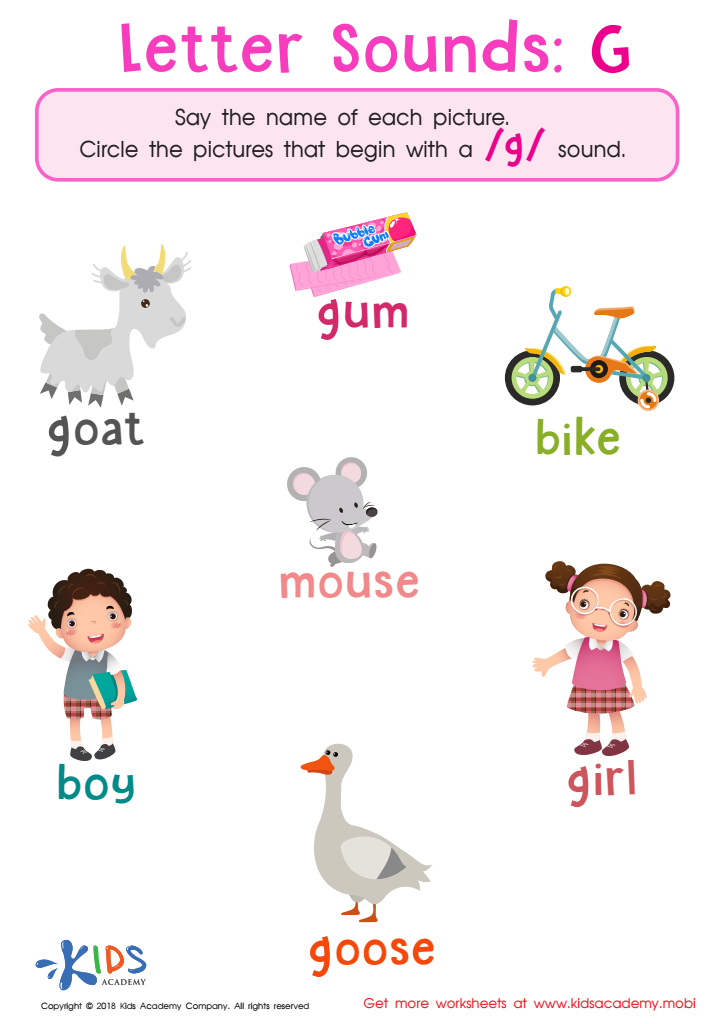

Letter G Sounds Worksheet
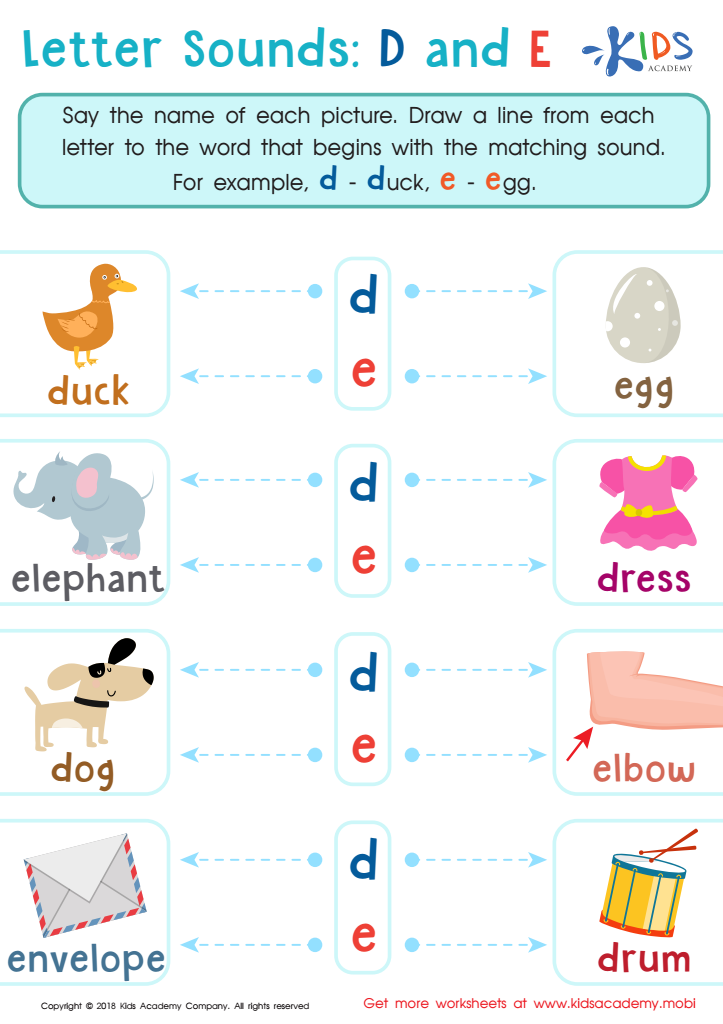

Letter D and E Sounds Worksheet
Letter recognition and phonics are foundational skills crucial for 4-year-olds as they embark on their educational journey. Parents and teachers should prioritize these areas because they form the cornerstone of literacy development. Mastery in these skills facilitates easier learning of reading and writing, which are essential for academic success and daily communication.
First, letter recognition helps children identify and name both uppercase and lowercase letters. This awareness is linked to several aspects of brain development, such as visual memory and analytical skills, which support broader cognitive growth. Knowing the letters allows children to begin understanding that symbols have specific meanings.
Phonics takes this a step further by associating letters with their corresponding sounds. This association is vital for decoding words during reading, enhancing vocabulary, and improving spelling. Children who grasp phonics can sound out unfamiliar words, providing them with a sense of confidence and independence in reading.
Moreover, early literacy skills, such as letter recognition and phonics, have been shown to be strong predictors of future academic achievement. Early struggles in these areas can lead to future learning difficulties. Therefore, by engaging in letter-recognition and phonics activities, parents and teachers invest in children’s ongoing educational and personal development, setting them up for a successful trajectory in their learning experiences.
 Assign to My Students
Assign to My Students





















